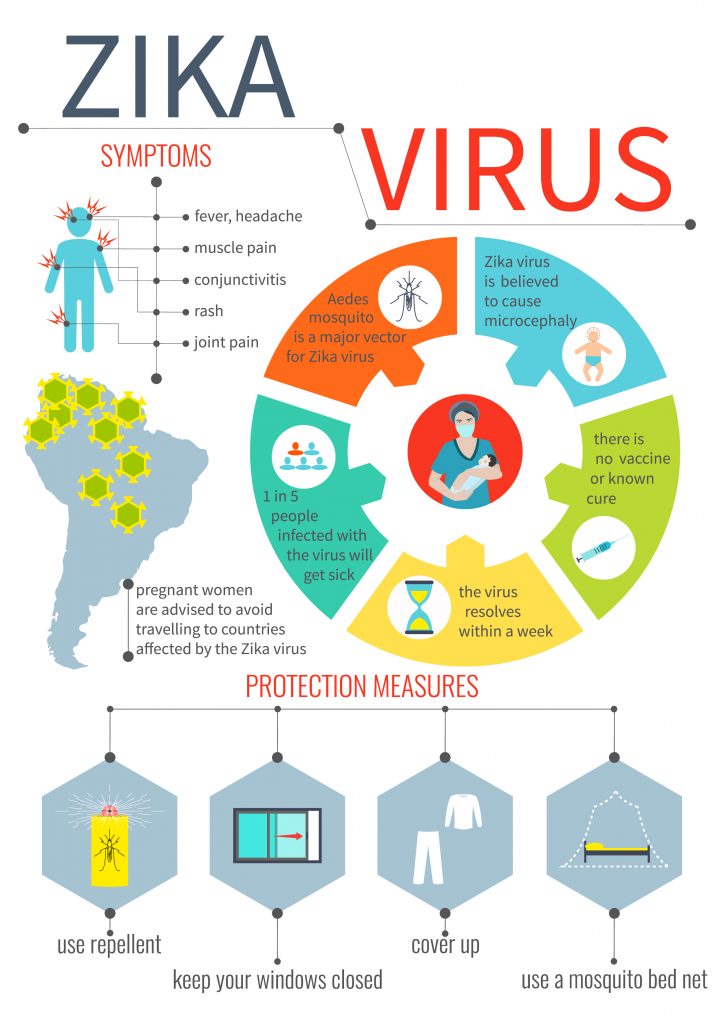Zika Prevention for Travel This Summer | Bay Alarm Medical
July 5, 2016
When news broke earlier in the year about the severity of the Zika virus, there wasn’t much widespread panic. Experts did not know much about the disease, except that it could cause birth defects if you contracted the disease while pregnant.
When the World Health Organization (WHO) declared the Zika virus an International Public Health Emergency, however, many began to wonder if Zika risks also extended to the elderly. And with the upcoming 2016 Summer Olympics in Brazil, which has become the epicenter of the disease, people are starting to worry about how the disease might be a wider epidemic.
Zika and Travel
According to the Centers for Disease Control (CDC), Zika outbreaks have been occurring mostly in South America, specifically in Brazil. There has been such a scare about the disease, that well-known athletes have declined to participate in this summer’s Olympics for fear that they will contract the disease. The spotlight on the disease has been so prevalent that the concern of Brazil’s Zika epidemic threatens to eclipse the actual athletics of the Olympics themselves.
Zika and the Elderly
While the majority of international concern has been on pregnant women or women who are trying to conceive, people of all ages can still contract the disease. When it comes to Zika, seniors cannot be too careful. The symptoms of Zika can include a rash, joint pain, temporary hearing loss and vertigo. In the worst cases, patients might develop Guillain-Barre syndrome, which affects the nervous system and can lead to paralysis.
Zika Prevention
Right now, there is no cure for the Zika virus. Zika prevention is the best way to avoid contracting the disease. In addition to avoiding high-risk areas, the CDC recommends protecting yourself from mosquito bites by wearing long-sleeved shirts and long pants, use EPA-registered insect repellent and keep screens on doors and windows to prevent mosquitos from entering.
If you are worried that you may have contracted Zika on a recent trip, be sure to visit a physician immediately. And be sure to keep an eye out for changes to a loved one’s health after traveling—it could end up saving their lives.
The Bottom Line
While the CDC and WHO haven’t instructed people not to travel to Zika-infected areas, it is probably best to avoid visiting Latin America, the Caribbean and even Puerto Rico until scientists know more about the disease and how to cure it.
In the meantime, there are other wonderful senior-friendly destinations you can visit if you want to take a vacation. No matter where you choose to travel this summer, be sure to travel safely using these 4 tips for seniors.
We thought you might also like:
Survey: Health and Longevity in Seniors
The State of Health in America


